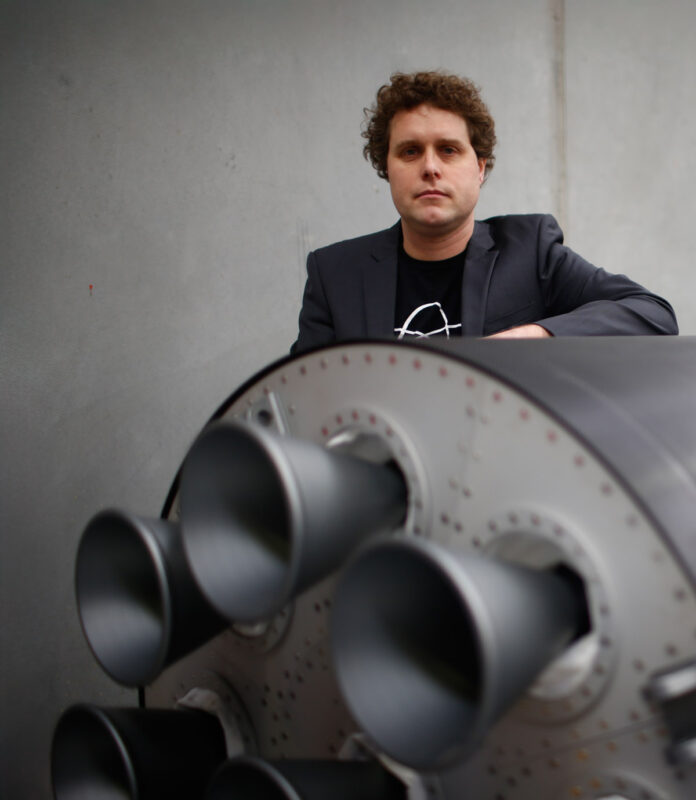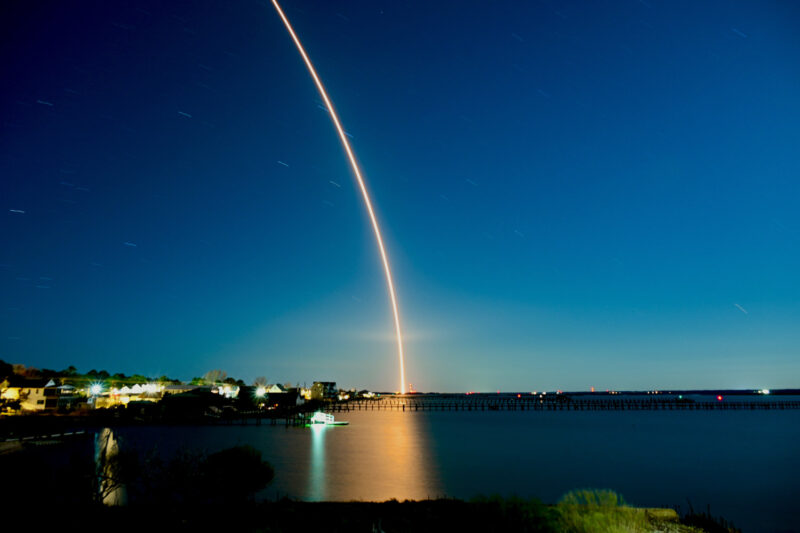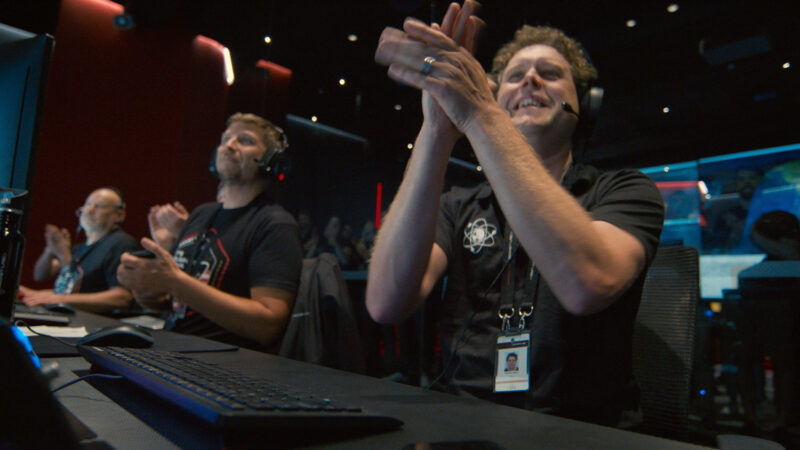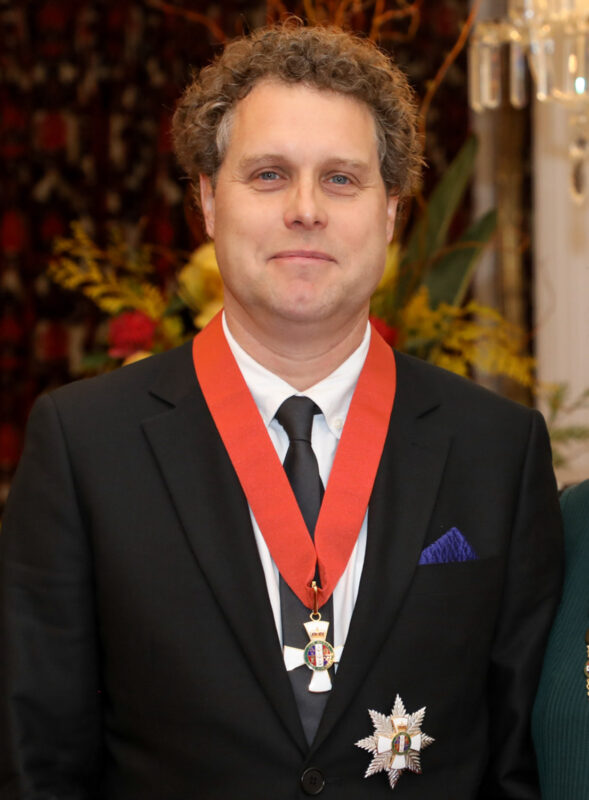
Blast off
Elon Musk’s Rocket Rival
Newly minted Kiwi billionaire Peter Beck is quietly closing the gap on SpaceX’s dominance.
2024 was a big year for Peter Beck. The CEO and founder of Rocket Lab celebrated his 50th commercial Electron rocket launch, received a knighthood from King Charles, starred in Wild Wild Space, an HBO documentary chronicling the key players in the business of blasting satellites into orbit—and saw his company’s valuation explode by 300 percent, thrusting Beck into Forbes’ billionaire list for the first time.
Hailing from the South Island of New Zealand, the Kiwi entrepreneur is an unlikely player in the global, highly competitive—and highly personality-driven—private space race world. He never attended university and had no aerospace background before founding Rocket Lab in 2006. He is also a self-confessed introvert. “One of the things about Rocket Lab compared to some of our competitors,” he told the Dom Harvey podcast, “is we quietly go about getting stuff done.”
Beck spent his youth turbocharging an old Mini, racing steam bikes—even experimenting with a jet-pack and roller blades. His family encouraged him to think big and make an impact.
“I was lucky that I knew exactly what I wanted to do from the youngest time I could remember. I wanted to work on rockets, and I wanted to work in space,” he recalled in an interview with Deadline. “The original plan was to go and work for NASA, but as an engineer with no degree and a foreign national, that wasn’t feasible. So, the only logical solution here was to just do it myself.”


While initially basing Rocket Lab in New Zealand, Beck moved his headquarters to Long Beach, California in 2016, and currently operates facilities in Virginia, New Mexico, Colorado, Maryland, and Toronto—as well as Auckland, New Zealand. Since launching his first rocket in 2017, he has steadily gone about building his business. He attributes the company’s success to launch frequency and productivity—a rocket rolls off the production line every 18 days—and its soup-to-nuts service. If you want to own a satellite in the earth’s orbit, Rocket Lab can build it, launch it, and manage it for you.


He is in the process of developing a new rocket, Neutron, while also doing work for NASA—including a project to collect rock samples from Mars, and a mission to Venus.
Though SpaceX clearly dominates the market—its valuation is $350 billion to Rocket Lab’s $15 billion, and Beck credits Musk with being a “great engineer; a great businessman”—earlier this year Rocket Lab bested its biggest rival on one count: two successful rocket launches in less than 24 hours, from two different continents. “Even Elon hasn’t done that,” Beck told Dom Harvey.
Splitting his time between the US and New Zealand, he still spends a lot of time down under—which means early mornings. And he is a chronic workaholic. “You don’t achieve something big on an eight-to-five, five-days-a-week kind of timeline. It just has to be all consuming.” There’s a family joke that while on vacation, there are always photos of him standing to one side, on the phone. He does, however, come home for dinner whenever he can.
Beck claims it is twice as easy to get into Harvard as it is to Rocket Lab—and has an interesting approach to recruitment. He looks for hunger and passion, not necessarily taking on those with the most PhDs. Candidates submit rocket-shaped resumes; Beck once gave someone a job because they drove from Canada and refused to leave the parking lot until they were hired; and a young Kiwi guy running an entire facility in Baltimore started out mowing the lawns at the launch site.
And his leadership style? He acknowledges his team works extremely hard but tells them, if they’ve had a bad day to “go to the factory and touch the rocket and remember that’s going to space and it’s got your DNA on it. The amount of people that can put their DNA on a rocket that goes to space is extremely small on this planet. So, you get to do the most amazing things.”
Hero image by Phil Walter via Getty images



